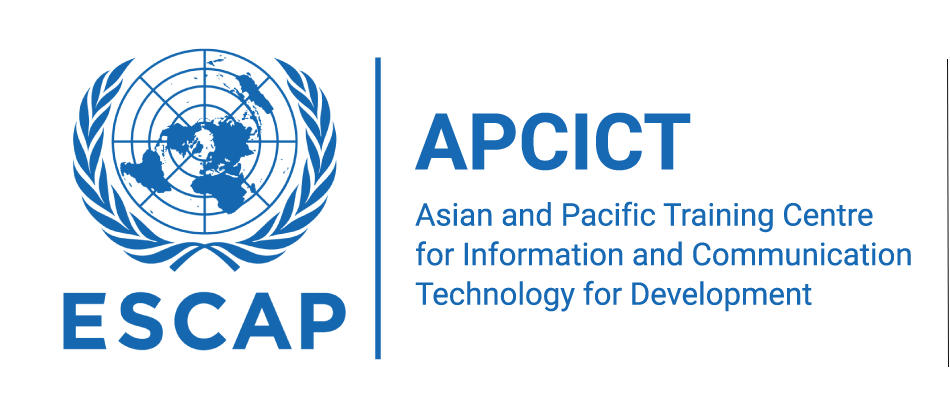The Briefing Note Series aims to provide at-a-glance information of key ICTD issues for policymakers. The first set of eight Briefing Notes focuses on policy considerations drawn from the eight modules of the Academy of ICT Essentials for Government Leaders Programme.
With the vast amount of information published on different aspects of information and communication technology for development (ICTD) and the lack of time many decision makers face in finding and analysing the information, APCICT launches the Briefing Note Series.
This series provides at-a-glance information of key ICTD issues for policymakers. It includes: 1) highlights of research, assessments and surveys; 2) policy considerations drawn from the Academy modules; and 3) key challenges and lessons learned based on analyses of best practices and case studies.
The first set of eight Briefing Notes focuses on policy considerations drawn from eight initial training modules of the “Academy of ICT Essentials for Government Leaders,” (Academy). The Academy is APCICT’s flagship programme that includes a comprehensive ICTD curriculum and over a dozen partners that are working with APCICT to roll out the Academy at the national level.
These briefing notes examine the linkages between ICT and the MDGs, ICT policy and governance, e-government applications, ICT trends, Internet governance, network and information security, ICT project management, and funding modalities.
In general, APCICT will release six to eight Briefing Notes per year. Topics will relate to current and emerging issues and challenges, and ways in which ICTs can empower people and organizations to achieve their development goals.
The Briefing Note Series is one of two research series of APCICT that is part of the Centre’s strategy to streamline its research activities for the purpose of helping policymakers make timely and appropriate decisions in the choice and adoption of relevant ICT tools, and to facilitate sharing of best practices and lessons learned. The other series is the ICTD Case Study Series that will provides analyses and compilation of best practices and case studies on different aspects of ICTD. The ICTD Case Study Series will be launched later this year. Together, they will be fundamental in guiding advisory services and substantiating training programmes of APCICT.
Attachment
Briefing Note 1 : The Linkage between ICT Applications and Meaningful Development
Focuses on ways in which ICT applications, particularly computer and Web-based digital technologies, can be used to promote sustainable social and economic development and achieve the Millennium Development Goals.
Briefing Note 2 : ICT for Development Policy, Process and Governance
Examines the process of crafting policies that would be best suited to the needs of both the government and citizens; focuses on some of the critical elements of a national ICT for development policy; and emphasizes the need for an ICT governance framework.
Briefing Note 3 : e-Government Applications
Discusses three different types of e-government models – Government-to-Citizen (G2C), Government-to-Business (G2B) and Government-to-Government (G2G). It also provides a step-by-step guide to implementing e-government programmes, with key issues to consider.
Briefing Note 4 : ICT Trends for Government Leaders
Offers insights into some of the key ICT trends that have taken place and ways that they are shaping the present as well as the future. It also identifies policy considerations relevant to building today’s modern communication systems for socio-economic advancement.
Briefing Note 5 : Internet Governance
Provides a brief history of Internet Governance; gives an overview of the report developed by the Working Group on Internet Governance and the rise of the Internet Governance Forum; and suggests a road map for addressing Internet Governance issues.
Briefing Note 6 : Network and Information Security and Privacy
Gives an overview of the need for information security; discusses information security issues and trends; and examines the process of formulating an information security policy.
Briefing Note 7 : ICT Project Management in Theory and Practice
Introduces three vital elements of ICTD projects – people, process and technology; provides a set of disciplines that project managers need to have the competencies to deal with; and discusses principles and issues that contribute to the project's success and sustainability.
Briefing Note 8 : Options for Funding ICT for Development
Explores issues that influence investments in ICT deployment; highlights various financing mechanisms; and examines the different types of public private partnerships for funding ICTD projects.


